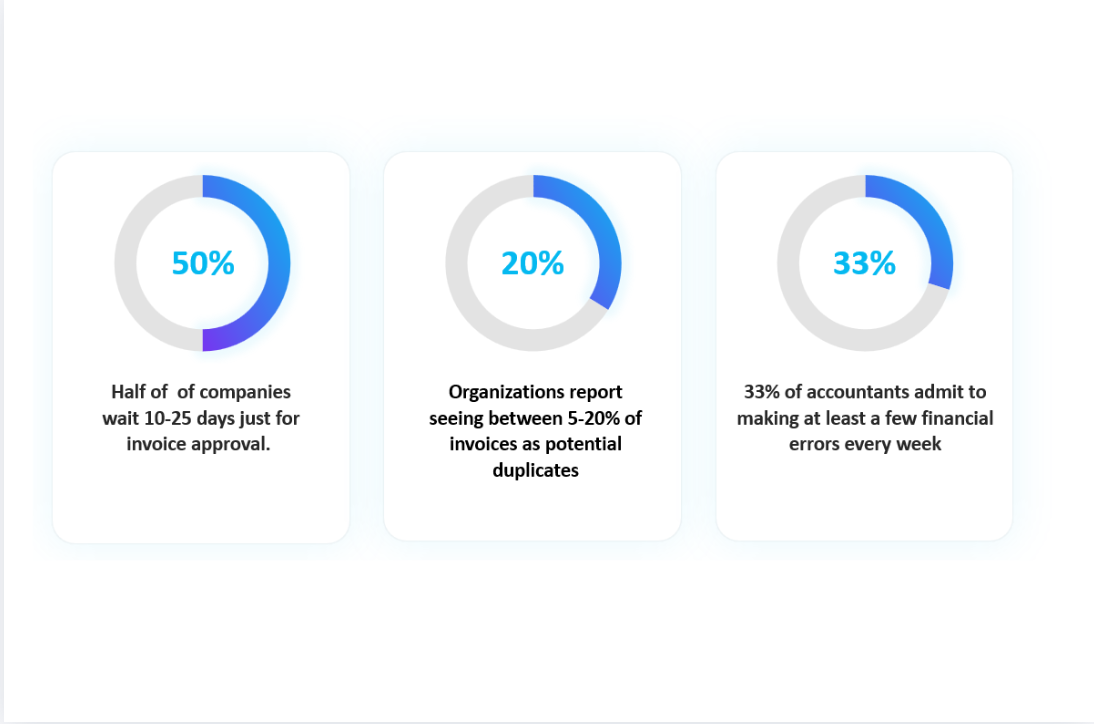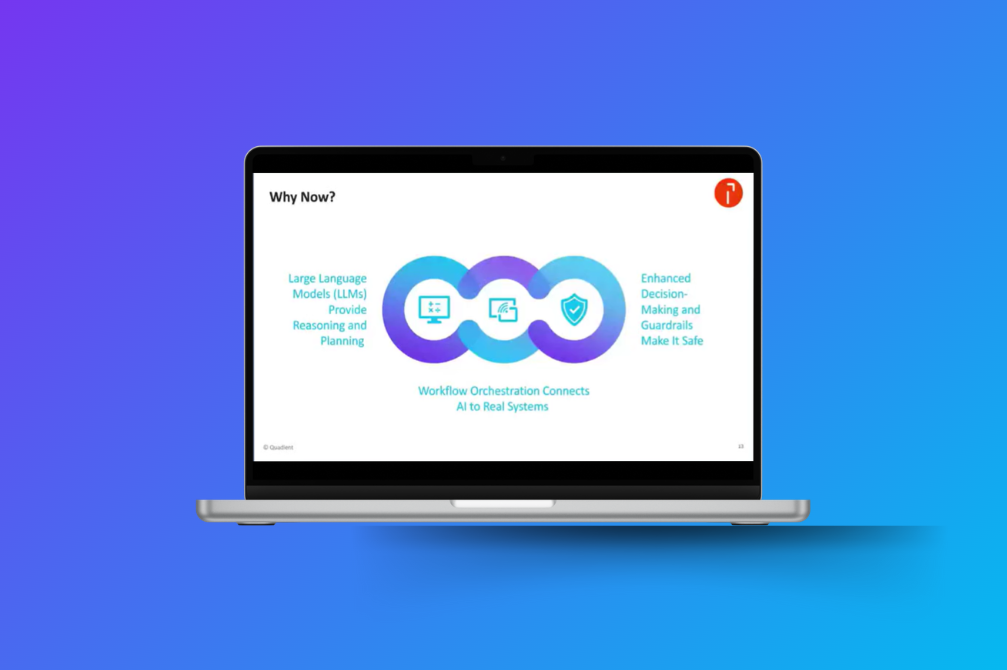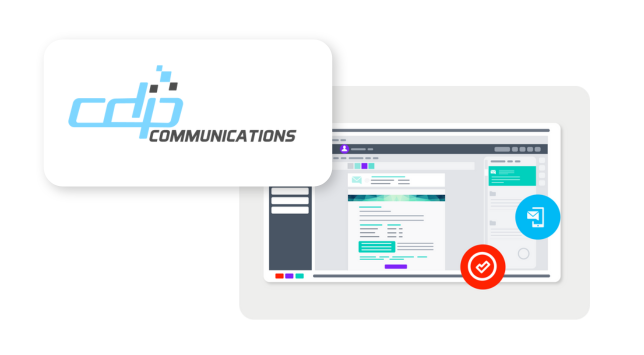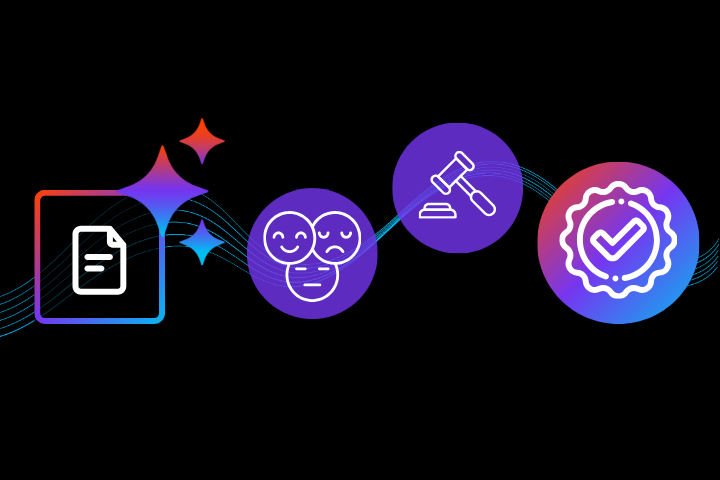
A Quadient Freedom of Information (FOI) request to the Information Commissioner’s Office (ICO) has uncovered alarming trends in nuisance communications, shedding light on the growing threat of email scams. Despite a decline in traditional nuisance calls and texts, the overall problem has escalated significantly, prompting concerns among consumers, regulators, and businesses alike.
According to data, nuisance automated and live calls and texts decreased by 10% in 2023, marking the second consecutive year of decline. However, the inclusion of email complaints revealed a 31% increase in total nuisance communications, unveiling a broader issue than previously recognised.
Andrew Stevens, CX Principal at Quadient, emphasised the significance of this shift, stating, "Understanding the landscape of digital channels is paramount in combating spam. Without proper oversight, scammers will exploit these platforms, posing a significant threat to consumers and businesses."
The Rise of Digital Threats:
One notable development is the emergence of cryptocurrency, online trading, and investment scams, with 2,196 complaints recorded in 2023. This surpasses complaints against traditional sectors like energy supply, signalling a concerning trend for the financial industry. Despite a slight decrease in banking-related complaints, the proliferation of cryptocurrency scams poses new challenges for maintaining consumer trust.
Stevens added, "The rise of cryptocurrency scams underscores the need for financial institutions to adopt more strategic communication strategies. Blanket messaging is no longer effective in a landscape plagued by digital fraud."
Challenges in the Energy Sector:
While many industries saw a reduction in nuisance complaints, the energy sector faced criticism for its handling of communications. Complaints regarding energy savings, home improvements, and supply increased significantly in 2023, with live calls being the primary source of frustration for consumers.
Stevens commented, "Energy companies must rethink their communication approach. Failure to engage effectively with consumers could further erode trust, particularly amidst rising energy costs."
Looking Ahead:
As the landscape of nuisance communications evolves, businesses must adapt their strategies to combat emerging threats. Proactive measures, coupled with targeted communication efforts, are essential in safeguarding consumer interests and preserving trust in the digital age.
Conclusion:
Quadient's findings underscore the need for heightened vigilance against nuisance communications, particularly in the face of evolving digital threats. By addressing these challenges head-on, businesses can foster a safer online environment for consumers while maintaining trust and credibility in their respective industries.
Download our infographic here, which highlights the key research findings.








